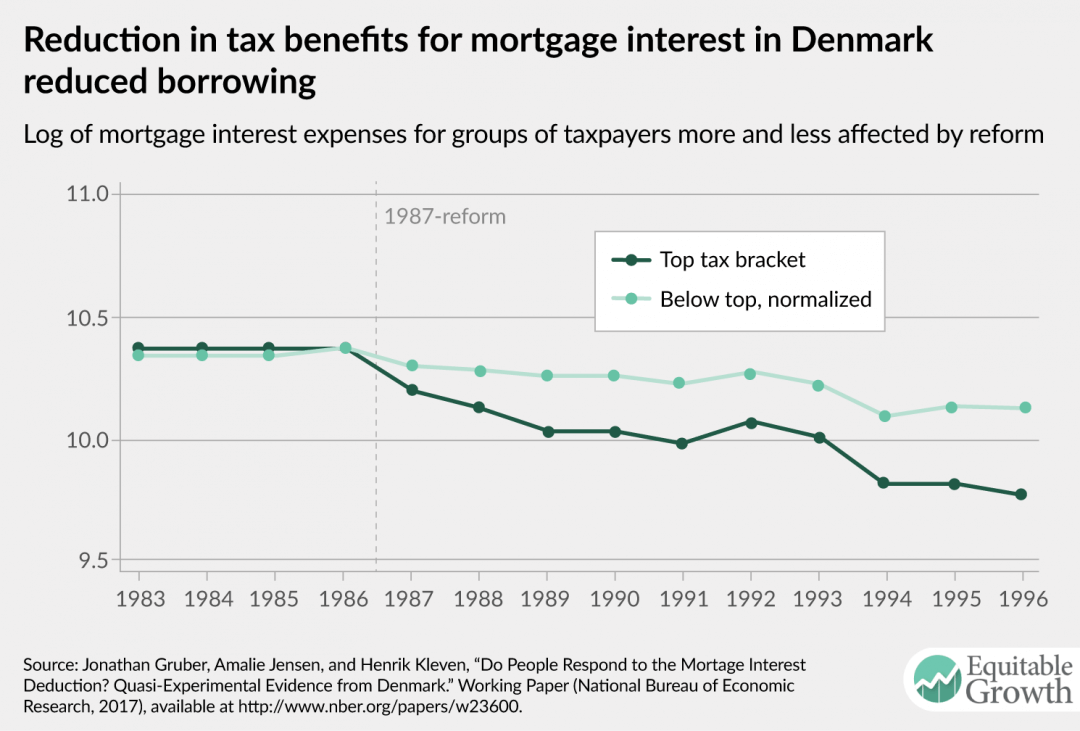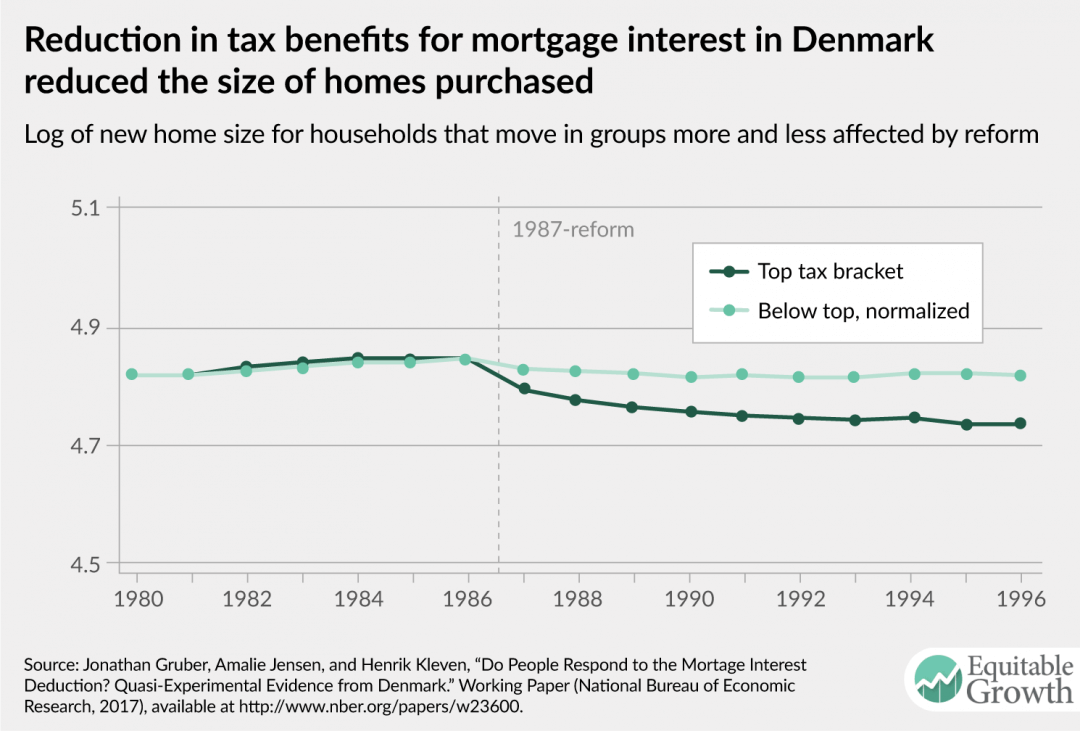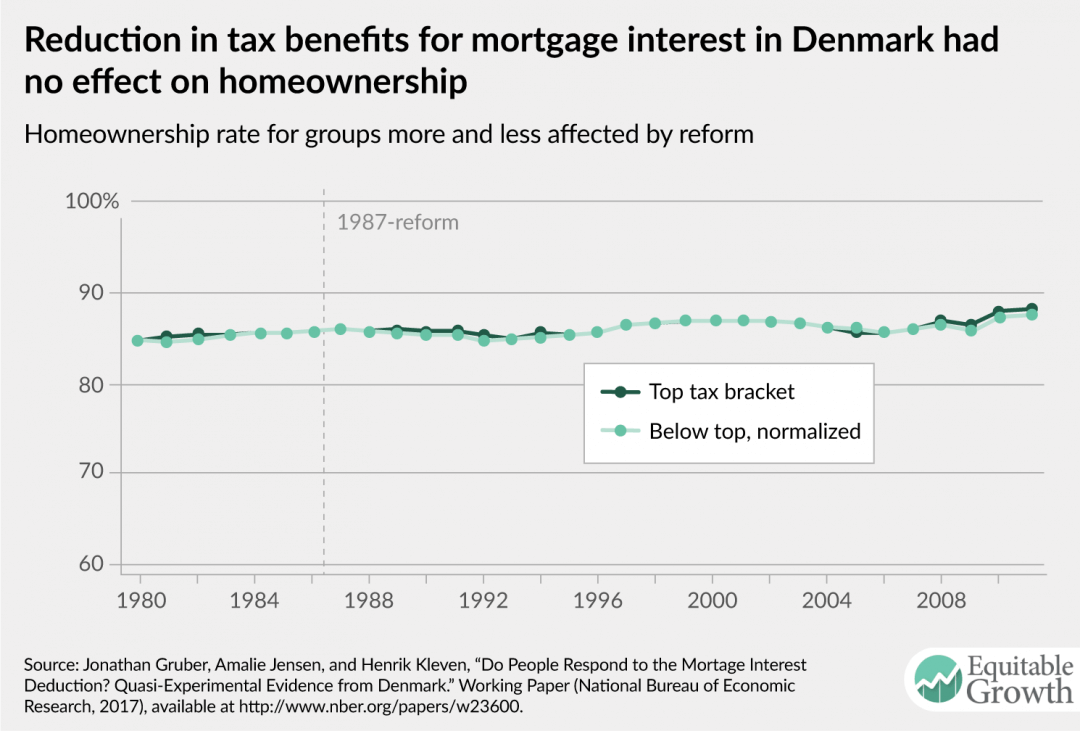Must-Read: Best thing I have seen so far on Google, Open Markets, and the New America Foundation:
Ben Thompson: Google and The New America Foundation, Google’s Monopoly, Google’s Stupidity: “From the New York Times… https://stratechery.com/2017/google-and-the-new-america-foundation-googles-monopoly-googles-stupidity/
…The New America Foundation has received more than $21 million from Google; its parent company’s executive chairman, Eric Schmidt; and his family’s foundation… helped to establish New America as an elite voice in policy debates on the American left and helped Google shape those debates. But not long after one of New America’s scholars posted a statement on the think tank’s website praising the European Union’s penalty against Google, Mr. Schmidt, who had been chairman of New America until 2016, communicated his displeasure with the statement to the group’s president, Anne-Marie Slaughter, according to the scholar.
The statement disappeared from New America’s website, only to be reposted without explanation a few hours later. But word of Mr. Schmidt’s displeasure rippled through New America, which employs more than 200 people, including dozens of researchers, writers and scholars, most of whom work in sleek Washington offices where the main conference room is called the “Eric Schmidt Ideas Lab.” The episode left some people concerned that Google intended to discontinue funding, while others worried whether the think tank could truly be independent if it had to worry about offending its donors.
Those worries seemed to be substantiated a couple of days later, when Ms. Slaughter summoned the scholar who wrote the critical statement, Barry Lynn, to her office. He ran a New America initiative called Open Markets that has led a growing chorus of liberal criticism of the market dominance of telecom and tech giants, including Google, which is now part of a larger corporate entity known as Alphabet, for which Mr. Schmidt serves as executive chairman. Ms. Slaughter told Mr. Lynn that “the time has come for Open Markets and New America to part ways,” according to an email from Ms. Slaughter to Mr. Lynn. The email suggested that the entire Open Markets team—nearly 10 full-time employees and unpaid fellows—would be exiled from New America. While she asserted in the email, which was reviewed by The New York Times, that the decision was “in no way based on the content of your work,” Ms. Slaughter accused Mr. Lynn of “imperiling the institution as a whole”…
Slaughter, as part of her statement denying—and I quote, because in cases like this, specific words matter:
that Google lobbied New America to expel the Open Markets program because of this press release”, released three emails sent to Lynn. Slaughter claimed this was in the interest of transparency, but the emails refer to other correspondence that was not released. Not that it matters: the emails are damning, and make clear why Slaughter’s denial was so specifically worded: it seems highly likely the New York Times report is broadly correct…
There is a reason why, as far as I know, I have never quoted a think tank report on Stratechery. It’s not that they don’t do good work, it’s that it is often difficult to know who is paying the bills, and what that entails…. I am very intrigued to see how Open Markets is funded going forward; the obvious route is to find other corporate donors that oppose Google—there are a lot of them!—but for now Open Markets is raising money directly (I will not be contributing for the same conflict of interest reasons that I will not speak at Google). It seems past time for such a group to pursue an individually funded model like this: the Internet has drastically reduced transaction costs, and some percentage of the populace feels strongly about policy outcomes. It will be very interesting to see how this turns out.
All that said, it’s worth noting that nothing Google did here is illegal—nor should it be. It was merely stupid.
GOOGLE’S MONOPOLY: The bigger issue at play goes back to what, in my opinion, is one of the more important articles I’ve written on Stratechery—2016’s Antitrust and Aggregation…. One of the motivations behind Facebook and the Cost of Monopoly was to try to tease out a framework through which these aggregator monopolies might be deemed problematic…. In the U.S. antitrust is very much a political question; the current consumer and price-centric view of antitrust, which completely immunizes “free” services like Facebook and Google, is a relatively recent invention, coming to prominence under President Ronald Reagan in the 1980s. It follows, then, that any meaningful antitrust action against Google or Facebook or other aggregators depends on a significant shift in public opinion such that the foundation of current antitrust law is shifted. That is why this move by Google was so profoundly stupid. Some random press release was far less consequential than the press cycle of the last 24 hours…







